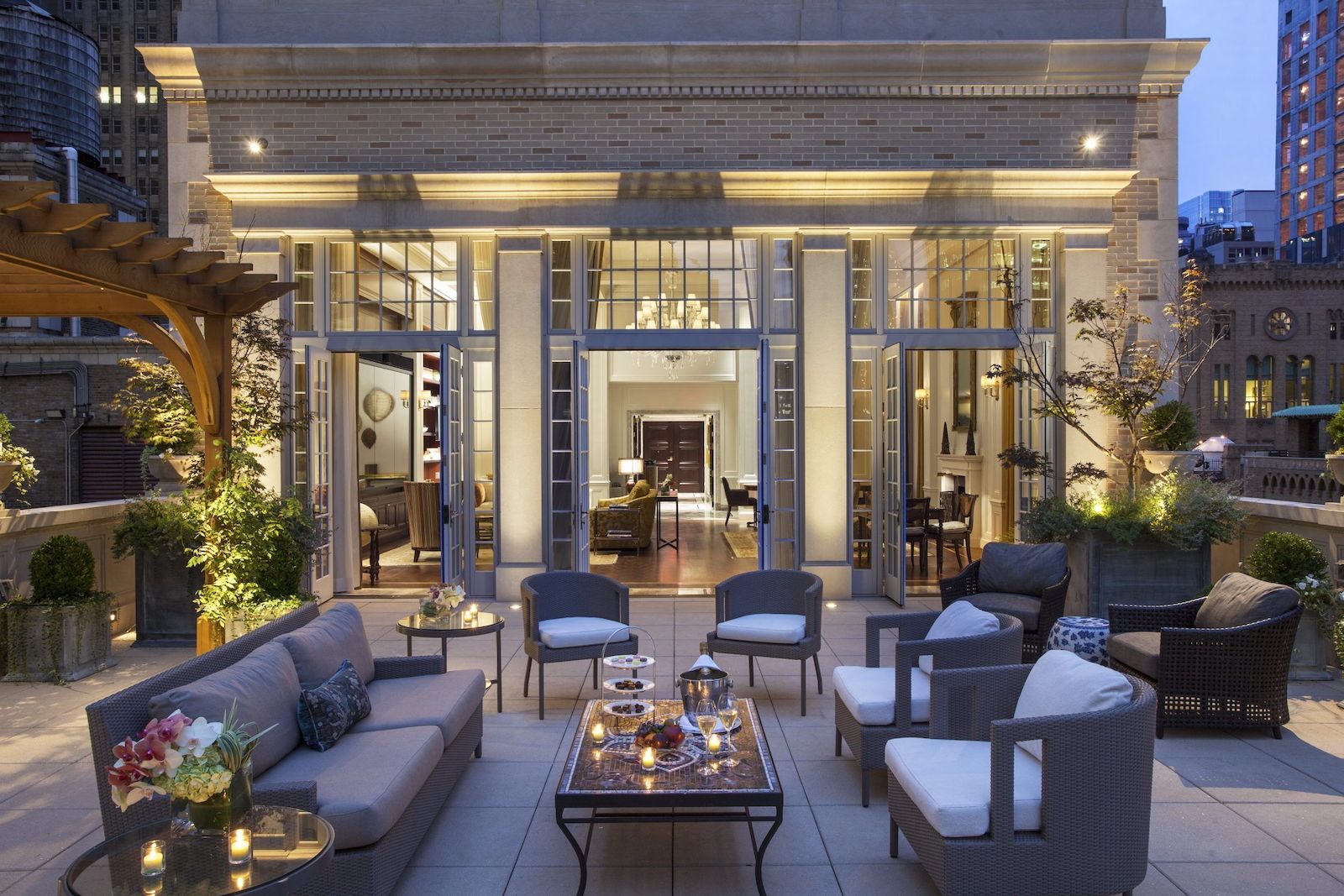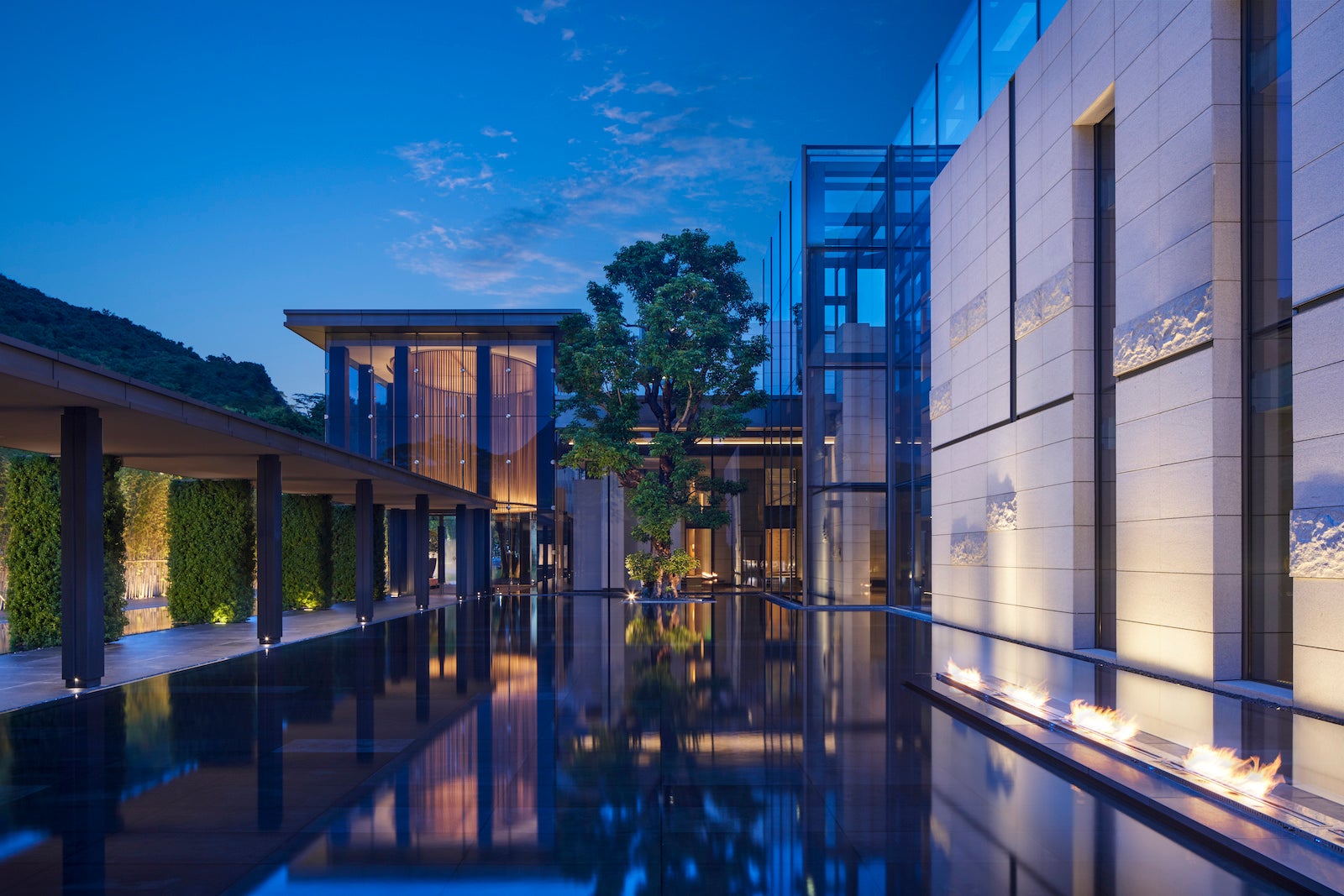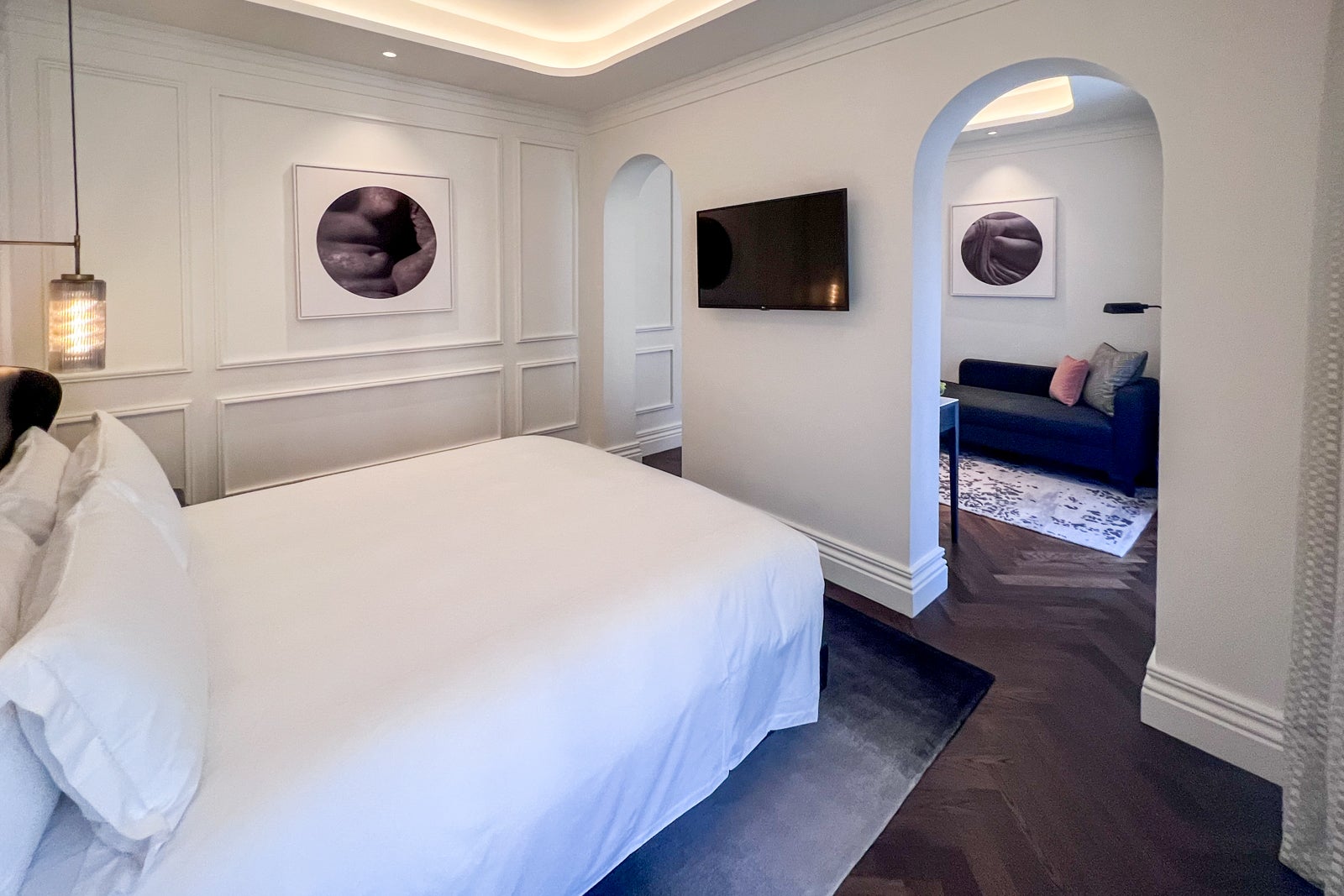You could practically hear the gasp of “Finally!” among the hotel fan circuit this month as IHG Hotels & Resorts announced this week an “extensive global brand evolution” for its namesake InterContinental brand.
However, as folks dug into the plans for what it all meant, there wasn’t much in the way of concrete plans of how the facelift might turn out at your favorite InterContinental.
Sure, there were all kinds of buzzwords and terms in the announcement: “A focus on modern luxury travelers and diversity” by offering up culturally rich experiences and “game-changing” dining and design. There will be “intentional flexibility for modern travelers” that includes “scientifically backed” dining aimed at reducing jet lag as well as the embrace of Timeshifter, a jet lag app aimed at helping guests get on a new time zone quickly. Then, there was all kinds of chatter about making lobbies, suites and just about every facet of an InterContinental the place to be for its given locale.
“This isn’t a rebrand or repositioning; rather, it’s a comprehensive transformation from start to finish of InterContinental, ensuring we stay at the forefront of crafting a luxury experience for the modern luxury traveler,” Tom Rowntree, IHG’s vice president of luxury brands, said in a statement at the time of the brand evolution launch. “Collaborating with our 215 hotels worldwide, we are committed to delivering precisely what today’s and tomorrow’s guests, owners and colleagues require.”
However, the travel crowd (present company included) is an impatient bunch with a need for details. What kind of thread count are we going to get? Will it be Illy or Nespresso pods in the in-room coffee espresso machines? What’s the bar scene going to look like? What about the InterContinental Ambassador program, too?
InterContinental’s brand evolution comes several years into IHG adding many new brands to its overall portfolio, including Six Senses and Regent — acquisitions aimed at providing the company with offerings that were more luxurious than InterContinental. Don’t take that as a sign that InterContinental is now a sleeper for IHG, though.

How InterContinental was born
The story goes U.S. President Franklin D. Roosevelt encouraged Juan Trippe, president of Pan American Airways, in the 1940s to create a luxury hotel chain that would serve as a symbol around the world of American wealth and lifestyle — and deter other parts of the world, particularly Latin America at the time, from slipping into communism.
InterContinental was born from that and grew over the decades to be one of the most recognizable glitzy hotel brands out there. But InterContinental faces more competition than ever before, both from outside companies like Marriott, Hyatt and Hilton and within its own ranks: IHG notably acquired Six Senses and Regent to give its brand portfolio more luxurious brands than what it had with InterContinental.
Will this brand evolution return InterContinental to the vision once held by Roosevelt and Trippe?
No, IHG didn’t provide details like that in the announcement. However, I look back at a recent stay at one of InterContinental’s newest hotels as well as an interview this summer with Rowntree, as a sign of how it all might pull together.
“What we are now looking at is the evolution of the Intercontinental Hotels & Resorts brand to broaden our appeal toward a younger mindset,” Rowntree said before the brand refresh was officially announced. “Now there are over 130 luxury lifestyle brands in existence around the world. Intercontinental Hotels and Resorts, since it was founded in 1946, has always been a beacon of our brand within the luxury space and is incredibly well-recognized. It’s a stunning brand with incredible heritage.”

What the newest InterContinental hotels say about the future of the brand
My recent stay at the InterContinental Rome Ambasciatori Palace and a pass-through at the renovated InterContinental Buckhead Atlanta earlier last year showed the brand was already on its way to being more of a local player rather than an impervious, walled-off luxury hotel.
Rooms and suites at the InterContinental in Rome felt more like lounging in a bright, well-designed Italian pied-a-terre instead of the upscale business hotel vibes the brand might have been associated with in the past. The restaurants and rooftop bar appear to be places wooing a mix of local customers and travelers staying overnight at the hotel.

While I only stopped by for lunch at the InterContinental Buckhead, it exuded a similar feel. The hotel’s The Americano restaurant is helmed by a James Beard award-winning chef and was clearly a lunchtime hot spot.
More plays like this that lean into a surrounding location can make InterContinental not only evolve as a brand but also remain a standout in IHG’s luxury portfolio compared to its newer high-end siblings like Regent and Six Senses. It certainly seems like it’s off to a strong start.
“What we now have is a portfolio of five luxury lifestyle brands, each of which is really distinct. We’re seeing phenomenal growth there,” Rowntree said. “We can see we’ve got the right brands to play in that area.”
Related reading:
- The award travelers guide to IHG Rewards
- The best credit cards to reach elite status
- What is IHG One Rewards elite status worth?
- Current offers on IHG One Rewards credit cards
- Which credit cards offer the most lucrative rewards for hotel stays?
- The best hotel rewards programs in the world
- Best hotel credit cards



